Shortly after Nobel Peace Prize laureate Liu Xiaobo's death was announced,Watch Games of Seduction Online China's biggest social network has started censoring a host of words -- and even emoji -- typically used in mourning posts.
Users on Weibo found on Friday that they couldn't search for the candle emoji, as well as keywords like RIP.
SEE ALSO: Sick of censoring content, China bans livestreaming altogetherLiu, a well-known human rights activist and dissident, passed away on Thursday after battling liver cancer. He was serving an 11-year sentence in a Chinese prison, and was granted medical parole only in June, diagnosed with late-stage liver cancer.
In the wake of his death, China's government-influenced social media platforms have banned searches for his name, "Nobel," the word "candle," as well as "I have no enemies" -- an essay Liu had prepared for his trial in 2009, that he wasn't allowed to read.
Searches for these terms returned Weibo's canned censorship message: "According to relevant laws and policies, the results you searched for cannot be displayed."
 Original image has been replaced. Credit: Mashable
Original image has been replaced. Credit: Mashable Our attempts to post a candle emoji also resulted in an error message.
Both Weiboscopeand Free Weibo, which log deleted posts on Weibo, reported multiple posts with the candle emoji deleted:
 Original image has been replaced. Credit: Mashable
Original image has been replaced. Credit: Mashable  Original image has been replaced. Credit: Mashable
Original image has been replaced. Credit: Mashable "😭 😭 😭 🕯🕯🕯 He was a brave man in our time. History will remember him, be it in life or in death.
Posts that simply had the crying emoji were also censored, such as this one:
 Original image has been replaced. Credit: Mashable
Original image has been replaced. Credit: Mashable This Tweet is currently unavailable. It might be loading or has been removed.
This Tweet is currently unavailable. It might be loading or has been removed.
Chinese users have taken to Western channels to express their grief and remember Liu by.
Some shared artwork found on Twitter and Instagram on Weibo:
 Original image has been replaced. Credit: Mashable
Original image has been replaced. Credit: Mashable "As the world watches, he died. I've no political view on this, but people can't live without such dignity. R.I.P. #freedom"
This Tweet is currently unavailable. It might be loading or has been removed.
Liu was detained in 2008 for his involvement in drafting a democracy manifesto, and convicted the year after.
When his diagnosis was made public recently, Western voices asked for his transfer overseas for treatment, which China rejected. He was transferred from prison to a Shenyang hospital under heavy security, in his final days.
Human rights activists are now pushing for the Communist government to release Liu's wife, poet Liu Xia, who has been held under house arrest in Beijing since 2010.
Liu was awarded the Nobel Peace Prize in 2010.
Chinese foreign ministry spokesman, Geng Shuang, defended the country on Friday from criticism over Liu's treatment. He added: "Conferring the [Nobel] prize to such a person goes against the purposes of this award
"It's a blasphemy of the Peace Prize."
(Editor: {typename type="name"/})
 Watch how an old Venus spacecraft tumbled before crashing to Earth
Watch how an old Venus spacecraft tumbled before crashing to Earth
 Queen calls 'emergency meeting', everyone makes the exact same joke
Queen calls 'emergency meeting', everyone makes the exact same joke
 iPhone SE's RAM and battery capacity likely revealed in Chinese listing
iPhone SE's RAM and battery capacity likely revealed in Chinese listing
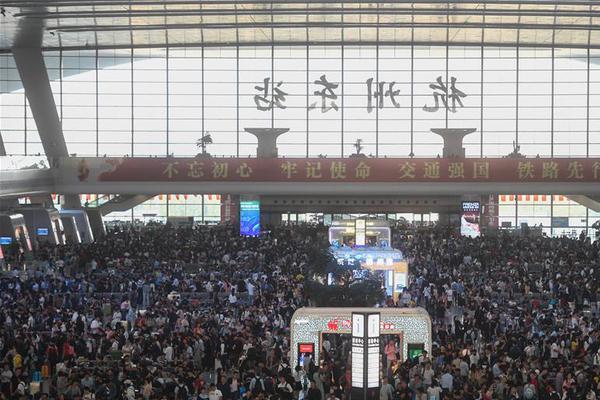 The failing New York Times added a record number of subscribers this quarter. Sad!
The failing New York Times added a record number of subscribers this quarter. Sad!
Waymo data shows humans are terrible drivers compared to AI
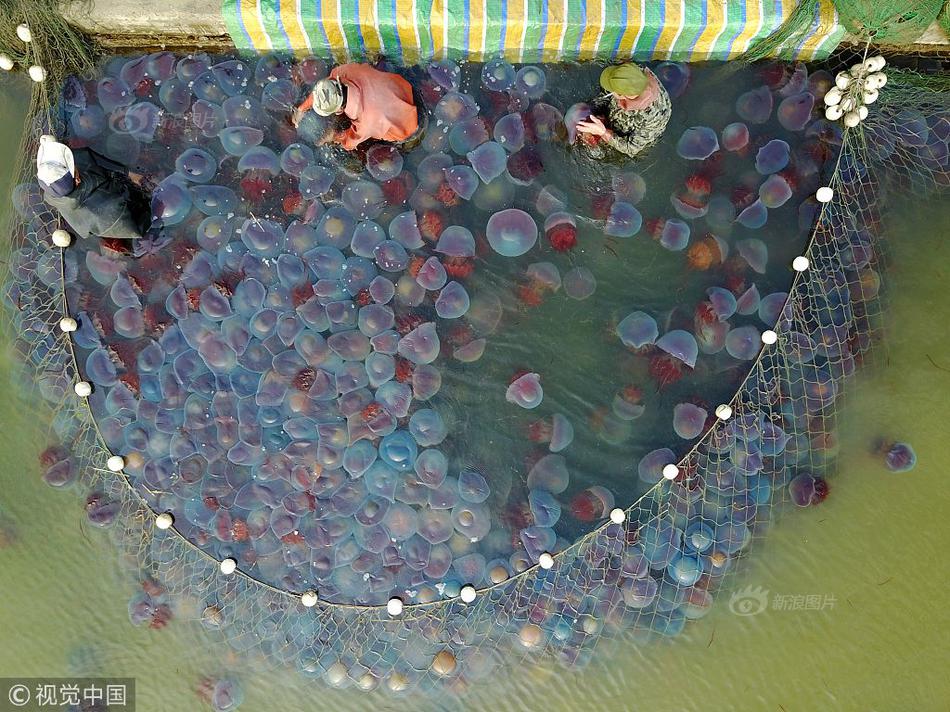 Now operating in cities like L.A., San Francisco, Phoenix, Austin, and Atlanta, the robotaxis of Way
...[Details]
Now operating in cities like L.A., San Francisco, Phoenix, Austin, and Atlanta, the robotaxis of Way
...[Details]
Facebook to redirect people who like false coronavirus info to WHO website
 Facebook is taking a small step to stop the spread of coronavirus misinformation.The company announc
...[Details]
Facebook is taking a small step to stop the spread of coronavirus misinformation.The company announc
...[Details]
How to throw a virtual cocktail party (and meet new people)
 A calendar filled with invitations is the goal of every modern social butterfly. Alas, the promise o
...[Details]
A calendar filled with invitations is the goal of every modern social butterfly. Alas, the promise o
...[Details]
Sony is giving away 'Journey' and 'Uncharted' for free on PlayStation 4
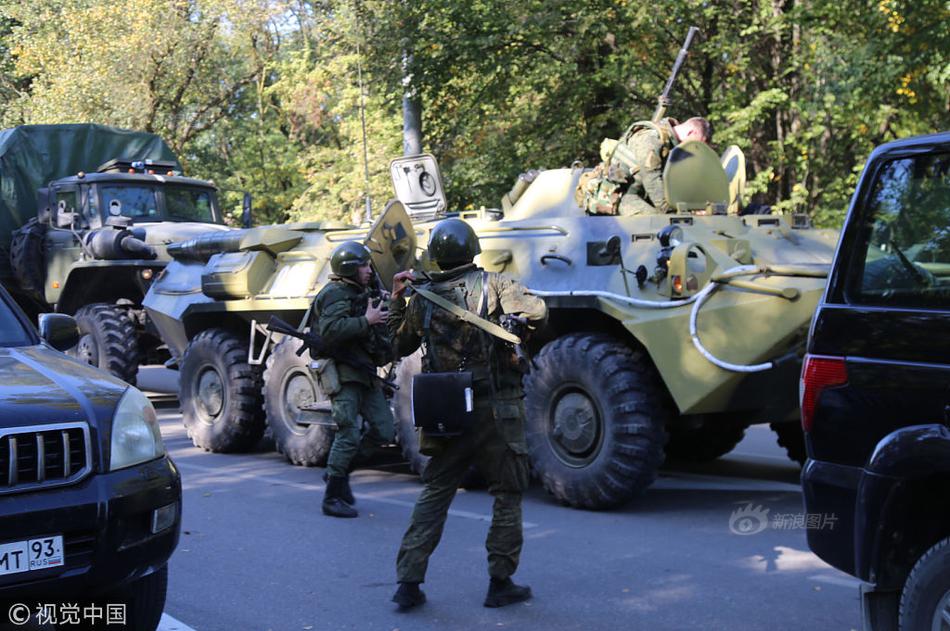 Sony announced on Tuesday it will offer all PlayStation 4 users a few free games to help them throug
...[Details]
Sony announced on Tuesday it will offer all PlayStation 4 users a few free games to help them throug
...[Details]
SpaceX's Starlink will provide free satellite internet to families in Texas school district
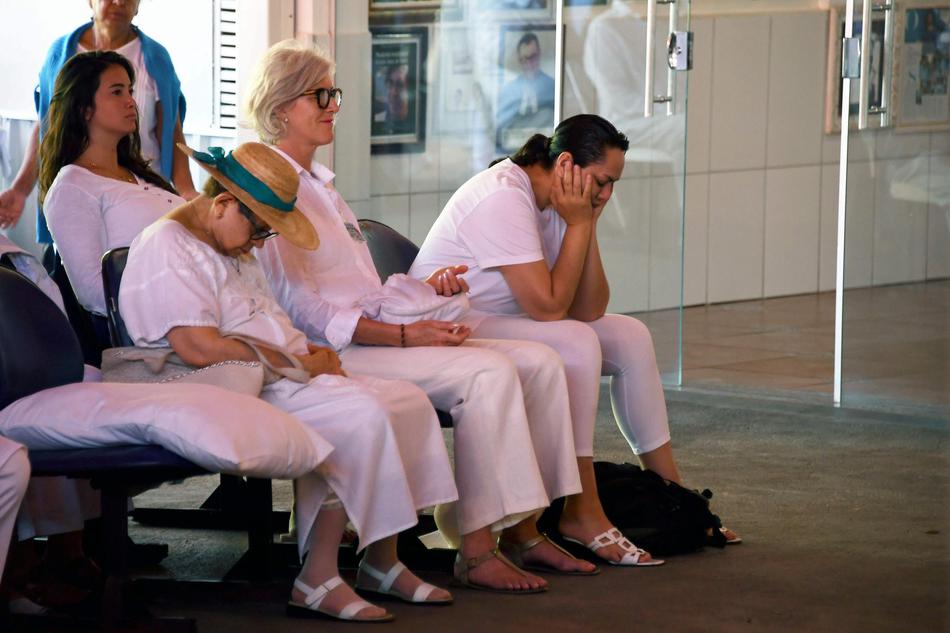 To help close the digital divide, SpaceX will offer satellite internet to the education sector.The c
...[Details]
To help close the digital divide, SpaceX will offer satellite internet to the education sector.The c
...[Details]
Apple site removes iPhone 8 for purchase with reveal of new iPhone SE
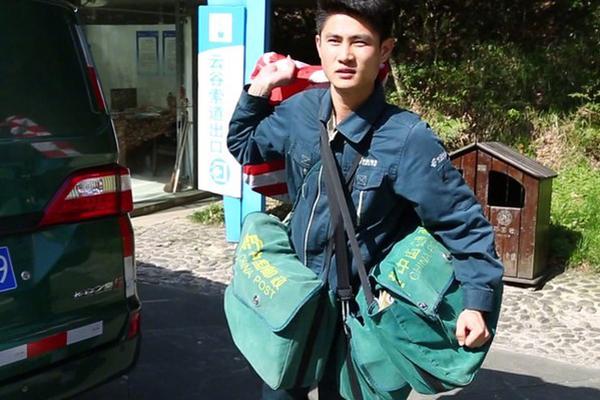 On Wednesday, Apple effectively started funeral proceedings for its iPhone 8 after a couple of years
...[Details]
On Wednesday, Apple effectively started funeral proceedings for its iPhone 8 after a couple of years
...[Details]
Which one to buy: iPhone SE vs. iPhone XR vs. iPhone 11
 Now that Apple's new iPhone SE is finally here, it poses some interesting questions for would-be iPh
...[Details]
Now that Apple's new iPhone SE is finally here, it poses some interesting questions for would-be iPh
...[Details]
Barack Obama shares a new playlist curated by Chance the Rapper, Nick Offerman and more
 He might not have accepted the gig as Spotify's President of Playlists, but that isn't stopping Bara
...[Details]
He might not have accepted the gig as Spotify's President of Playlists, but that isn't stopping Bara
...[Details]
Patched Desktop PC: Meltdown & Spectre Benchmarked
'Killing Eve' Season 3 plays it safe, even with murder
 Killing Evemight never be as brilliant as its first season, and that's okay. Better shows have crumb
...[Details]
Killing Evemight never be as brilliant as its first season, and that's okay. Better shows have crumb
...[Details]
NYT Connections hints and answers for May 1: Tips to solve 'Connections' #690.

Exhausted parents: Working from home isn't working
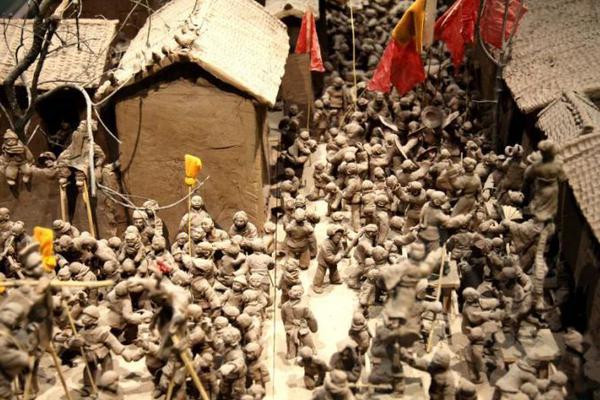
接受PR>=1、BR>=1,流量相当,内容相关类链接。